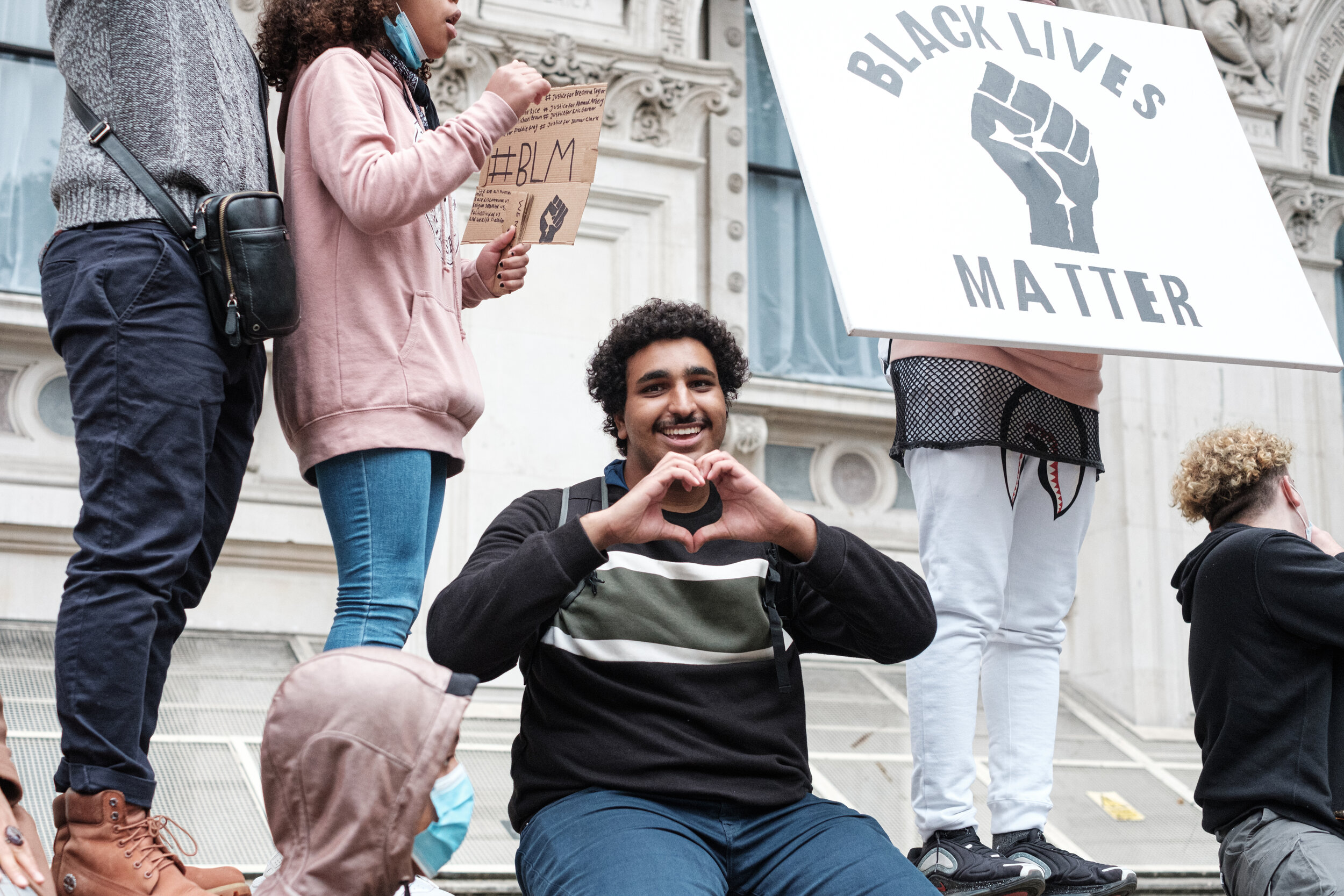Race + Food Allergy Equality
Together we can make changes in the food allergy community.
Today I attended a webinar. The topic was “For The Health: A Conversation on Race and Food Allergy.” It was eye-opening and inspiring. My gratitude goes out to Food Equality Initiative for hosting the event and to Thermo Fisher Scientific, Alerje and Spokin for their sponsorship.
The panelists were extremely dynamic and had so much information that covered many areas applicable to the food allergy community and the BIPOC community within. Make sure to check out all of these great leaders listed in detail below!
All of the messages and information provided during the webinar showed me how far we’ve come and that there’s so much more we can do…
So, what can we do? I’ll go over my webinar notes with you and give you some solid suggestions for taking action, as recommended by the panelists.
In General
There is a real disparity between health, resources and education in the BIPOC community and white community when it comes to food allergies.
Black children are 7% more likely to have food allergies compared to white children.
Interested in what Dr. Lakiea Wright is doing? She’s committed to educating communities about food allergies, is advocating to ensure children of color are included in clinical studies and creating a science lesson and activity to disseminate to kids in under-served areas and eliminate disparities.
Javier Evelyn spoke about, Alerje. It’s an app and product that has definitely piqued my interest. It’s a a smartphone case that carries a slim epinephrine auto-injector and connects to an app. For more details, click here for an article I found about him and Alerje.
Denise Woodard spoke about her motivation for creating Partake Foods and her belief that everyone needs to be educated about food allergies and advocate for policy change. P.S. - Our family loves Partake’s cookies!
Thomas Silvera and Dina Silvera spoke about why they created Elijah-Alavi Foundation, the passing of Elijah’s Law, their advocacy and education efforts and some projects they’re working to develop to support children and parents.
Dina also gave some great tips for dealing with schools in the case that you get push-back when advocating for your child’s food allergies:
She said not to be timid in bringing this up to teachers, administrators and staff. It is a serious issue and needs to be treated as such. Be strong. Be stern.
Come with medical forms. These are legal documents that entitle your child to rights within the school system. They cannot be ignored.
Find out if there’s a nurse (or someone else in a similar role) and ask about that person’s hours. Some are not there full days or even everyday and it’s good to be aware of who would be handling a potential food allergy reaction. It is also important to make yourself known to that person and let them know about your child’s needs.
Make sure to fill out a 504 plan or IEP to document issues pertaining to your child’s food allergy disabilities. She prefers an IEP because it not only deals with medical issues but also addresses educational support. (A fellow attendee posted this link to an article for more information on 504 plans).
Emily Brown spoke about Food Equality Initiative and how it is important to educate yourself on how best to help the BIPOC food allergy community. That being said…
How to Help
You can make a difference by making a donation. The above-linked organizations have some great and impactful projects that are both ongoing and in the works. Assisting them with funding so that they can get things done is a great way to make a difference. Click on the organization name for a direct link to donate.
If you’re in a position to invest in a BIPOC led company, do so! Or, if you know someone who can invest, put them in touch. Just make sure everyone actually wants to follow through before beginning the process.
Don’t have investor-type money? Use the power of your purchase! Buy Partake Foods at your grocery store or online, or check out Alerje. Keep your eyes open for more products that fit your needs.
Are you a medical professional? See if you can volunteer at local health centers to provide food allergy education or support.
Want to get more involved in an organization that supports the BIPOC community? Do your research. Check out organizations and make sure what you have to offer truly aligns with that organization. If it’s a match, reach out and offer your talent.
Other Information
Click here for information from the American Academy of Pediatrics on the impact of racism on a child and adolescent health.
Click here to watch the webinar replay.
Panelists
Dr. Lakiea Wright (Board certified Allergist US Medical Director ImmunoDiagnostics-Clinical Affairs ThermoFisher Scientific),
Javier Evelyn (Founder and CEO of Alerje, noted as Crain's 40 Under 40, and founding team member at MedTech Color),
Denise Woodard (Founder and CEO of Partake Foods),
Thomas Silvera (President at Elijah-Alavi Foundation Inc.),
Dina Silvera (mental health advocate and executive creative director at G.A.M.E.), and
Emily Brown (Founder and CEO of Food Equality Initiative)
Moderators
Karen Palmer (food allergy advocate, Certified Professional Coach and Operations Consultant and food allergy parent) and
Linsey Davis (two-time Emmy Award winning correspondent for ABC News and successful children’s book author)
Leave a comment below to let us know if you have any suggestions about how to best support the BIPOC food allergy community!
